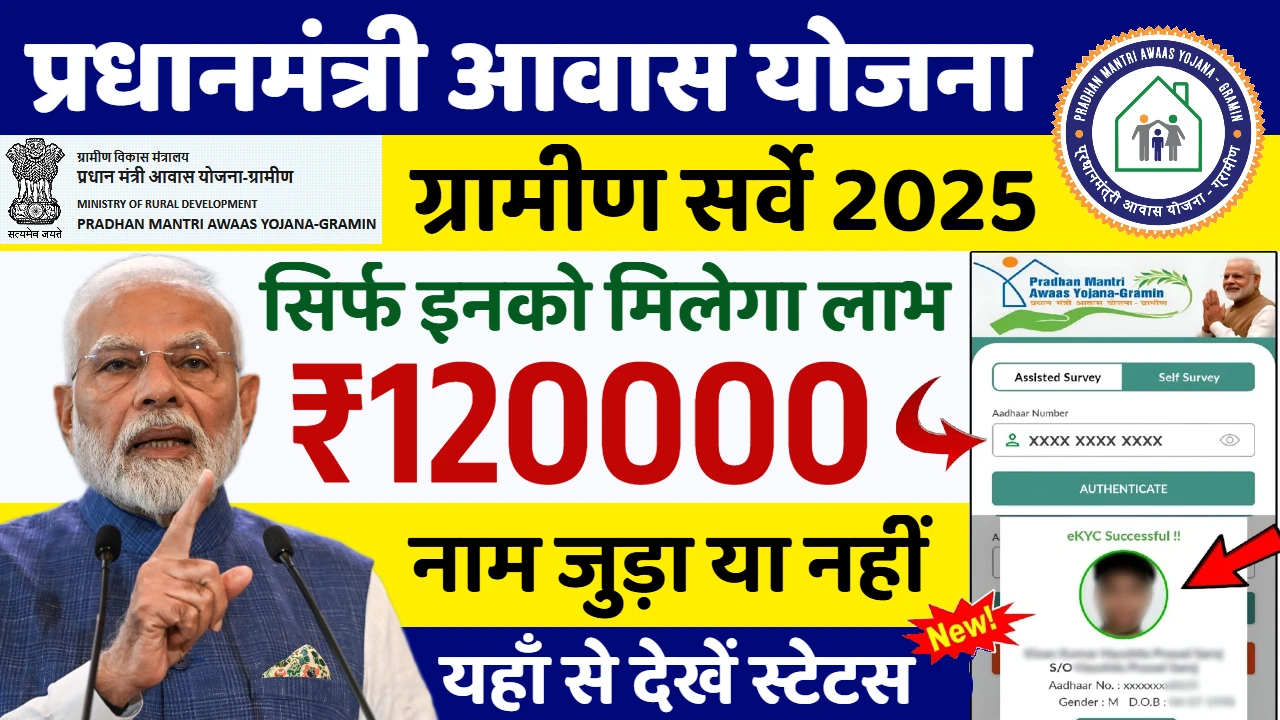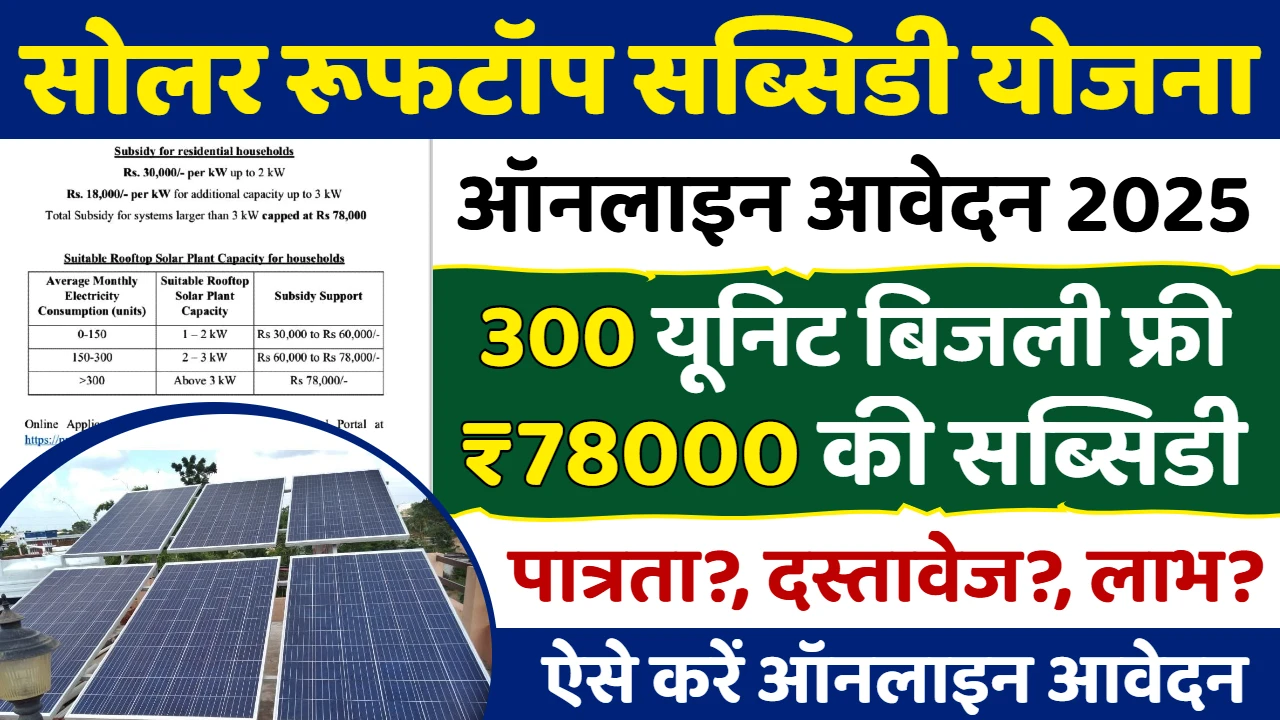The real estate sector has always been a cornerstone of wealth creation, offering tangible assets and potential for significant returns. As we navigate through 2025, a crucial question arises for aspiring and seasoned investors alike: Is real estate still a good investment? The answer, while nuanced, leans towards a resounding “yes,” provided one understands the evolving market dynamics and invests strategically. India’s real estate market, in particular, is undergoing a transformative phase, presenting a unique blend of opportunities and challenges.
📊 The Macroeconomic Landscape and Its Influence
The Indian economy is projected to exhibit robust growth in 2025, a sentiment echoed by various reports. This economic resilience, coupled with a growing middle class and increasing disposable incomes, forms a strong foundation for the real estate sector. The Reserve Bank of India (RBI) has also shown signs of a potential rate cut cycle, which could significantly improve housing affordability by reducing home loan EMIs. This financial easing is a crucial driver for both residential and commercial property demand.
- GDP Growth: A strong GDP correlates directly with increased job creation, higher incomes, and stronger consumer confidence, all of which fuel real estate demand.
- Interest Rate Adjustments: Potential repo rate cuts by the RBI could make home loans more accessible and affordable, especially in non-metro towns.
- Government Initiatives: Schemes like the Pradhan Mantri Awas Yojana (PMAY) continue to promote affordable housing, while significant infrastructure investments (e.g., metros, smart cities, highways) enhance connectivity and drive property value appreciation in developing areas.
🏘️ Residential Market: Shifting Sands and Opportunities
The residential segment continues to be a hotbed of activity, though with some interesting shifts. While major cities might see a moderate single-digit price increase, the demand for luxury housing remains robust. However, the affordable housing segment, bolstered by government incentives and a rising middle class, is also a key area of focus.
Key Residential Trends:
- Affordability Focus: Government support and developer initiatives are aiming to bridge the supply-demand gap in affordable housing. This segment is expected to continue its growth trajectory.
- Luxury Segment Boom: High-net-worth individuals are driving demand for premium properties, especially in well-established and emerging luxury pockets of metro cities.
- Rise of Peripheral Areas and Tier-2/3 Cities: As prime city areas become saturated and expensive, peripheral localities and Tier-2/3 cities are emerging as attractive investment destinations. These areas offer better affordability, scope for appreciation, and often improving infrastructure. For example, Hyderabad’s Financial District and micro-markets around metros are showing significant appreciation.
- Demand for Larger and Sustainable Homes: The work-from-home trend has fueled a preference for larger homes with dedicated workspaces and balconies. There’s also a growing demand for sustainable and eco-friendly properties, indicating a shift in buyer preferences towards green living.
🏢 Commercial and Industrial Real Estate: A Resurgence
Despite initial concerns post-pandemic, the commercial real estate sector, particularly office spaces, is witnessing a healthy recovery. The growth of IT, finance, and manufacturing sectors, coupled with increasing foreign investments, is driving demand.
Commercial & Industrial Highlights:
- Office Space Absorption: The demand for Grade-A office spaces, especially in IT hubs like Bangalore and Hyderabad, remains strong, with low vacancy rates.
- Co-working Spaces: The concept of co-working continues to gain prominence, driven by the changing dynamics of the workforce and the need for flexible office solutions.
- Warehousing Boom: The exponential growth of e-commerce and the logistics sector is fueling massive demand for modern warehousing facilities, making industrial real estate a promising investment.
- Infrastructure-Led Growth: Strategic infrastructure projects are not only improving connectivity but also fostering the development of new commercial hubs.
🚀 Emerging Trends and Investment Avenues
Beyond traditional residential and commercial spaces, several innovative trends are reshaping the real estate investment landscape in 2025.
- PropTech Solutions: Technology is revolutionizing how we buy, sell, and manage properties. AI-powered valuation tools, virtual tours, and blockchain for secure transactions are enhancing transparency and efficiency.
- Sustainable and Green Buildings: There’s a growing emphasis on energy-efficient designs and eco-friendly materials. Green-certified developments are not only environmentally responsible but also tend to command premium prices and rent.
- Fractional Ownership and REITs: For investors with smaller capital, fractional ownership platforms and Real Estate Investment Trusts (REITs) offer accessible ways to invest in high-value properties and commercial assets, providing diversification and professional management.
- Co-living Spaces: Particularly popular among young professionals and students, co-living spaces offer shared amenities and affordability, making them an attractive asset class for investors seeking steady rental income.
🤔 Risks and Considerations
While the outlook for real estate in 2025 appears positive, it’s crucial to acknowledge potential risks and exercise due diligence.
- Inflation and Construction Costs: Rising raw material and labor costs could impact project timelines and pricing.
- Regulatory Clearances: Delays in regulatory approvals can sometimes hinder project progress.
- Market Fluctuations: While real estate is generally stable, local market conditions can vary, making thorough research imperative.
The Verdict: A Strategic Investment 🎯
In conclusion, real estate in 2025, especially in India, continues to present a compelling investment opportunity. The convergence of a resilient economy, supportive government policies, evolving consumer preferences, and technological advancements creates a dynamic environment. Investors who stay informed about regional trends, embrace new investment avenues like PropTech and sustainable properties, and prioritize due diligence are well-positioned to achieve significant returns. The future of real estate is not just about physical spaces, but also about smart, sustainable, and accessible investments.
Real Estate FAQs
Q1: Is 2025 a good time to buy a home for personal use in India?
A1: Yes, with potential interest rate cuts and government incentives for affordable housing, 2025 could offer improved affordability for homebuyers. However, research into specific micro-markets is recommended as prices vary by location.
Q2: Which real estate segments are expected to perform best in 2025?
A2: Both the affordable housing and luxury housing segments are expected to see significant demand. Additionally, commercial office spaces (especially Grade-A) and warehousing/industrial properties are poised for strong growth due to economic expansion and e-commerce.
Q3: How has technology impacted real estate investment in 2025?
A3: Technology, or PropTech, has made real estate investing more accessible and transparent. AI-powered valuation tools, virtual property tours, and online platforms for fractional ownership and REITs are streamlining the investment process and offering new avenues for diversification.












